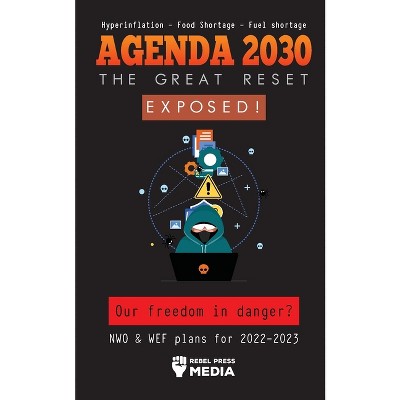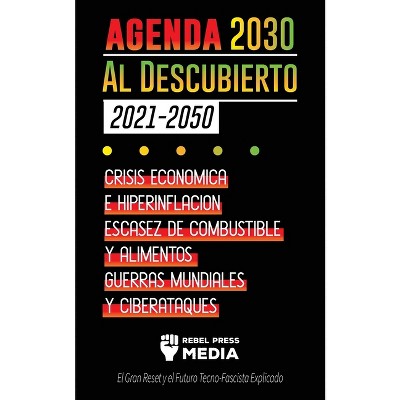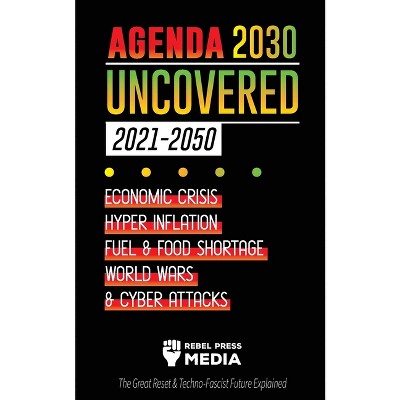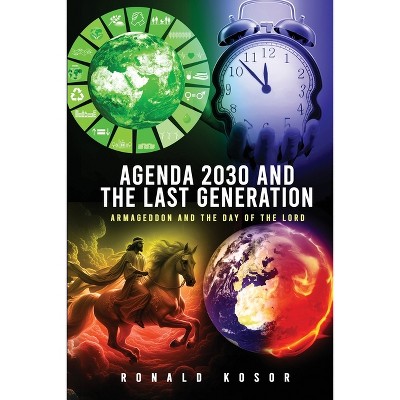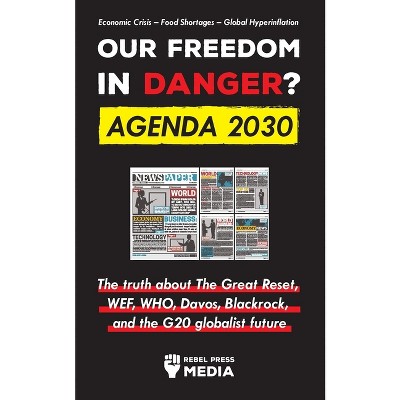South Africa and Agenda 2030 - by Daniel Silander (Hardcover)

About this item
Highlights
- As the world pursues the UN's Agenda 2030, nations face challenges in balancing economic growth, social equity, and sustainability.
- About the Author: Daniel Silander is Associate Professor of Political Science at Linnaeus University, Sweden, and Extraordinary Professor at Government Studies, North-West University, South Africa.
- 232 Pages
- Political Science, Political Ideologies
Description
About the Book
This volume brings together a comprehensive collection of analyses examining South Africa's commitment to the UN Sustainable Development Goals (SDGs). Integrating theoretical perspectives with empirical findings, chapters provide a nuanced assessment of South Africa's successes and persistent challenges in meeting the Agenda 2030 targets.
Book Synopsis
As the world pursues the UN's Agenda 2030, nations face challenges in balancing economic growth, social equity, and sustainability. South Africa, a symbol of democracy since 1994, grapples with political instability, economic inequality, and environmental concerns. Assessing its progress in achieving Agenda 2030 offers insights into the broader challenges faced by developing democracies.
In South Africa and Agenda 2030: Critical Perspectives on Delivering Sustainable Democracy and Development, editor Daniel Silander brings together a comprehensive collection of analyses examining South Africa's commitment to the UN Sustainable Development Goals (SDGs). This volume explores key dimensions of sustainable democracy and development, with a particular focus on SDG 16, which emphasizes peace, justice, and strong institutions. Authors in this collected work delve into critical aspects of political governance, judicial integrity, media freedom, and public accountability; all factors essential for fostering a stable and democratic society. Additionally, the analyses extend beyond governance, addressing economic and environmental sustainability through chapters on industrial policy, labour rights, poverty reduction, and climate change. By integrating theoretical perspectives with empirical findings, this work provides a nuanced assessment of South Africa's successes and persistent challenges in meeting the Agenda 2030 targets.
Providing a multidimensional analysis of South Africa's sustainable development, this volume is invaluable for academics, students, policymakers, and anyone invested in democracy, governance, and global development. Offering critical perspectives and policy recommendations, it serves as both a reference and a call to action for fostering a more sustainable and equitable future.
About the Author
Daniel Silander is Associate Professor of Political Science at Linnaeus University, Sweden, and Extraordinary Professor at Government Studies, North-West University, South Africa. His main areas of interests are democratization and autocratization, international security and democracy promotion.






